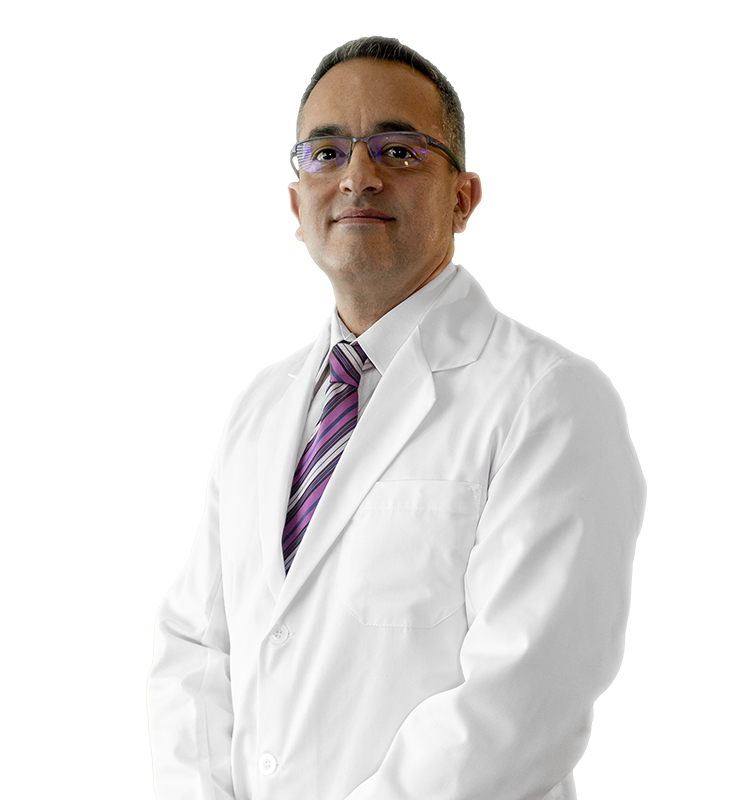Egg donation and epigenetics
Why can two brothers be so different if they have the same DNA? Epigenetics studies the elements that activate or deactivate our genes and everything can start to change from the womb, a woman with a donated egg can modify the genetic expression of the baby.
[fusion_dropcap boxed=”no” boxed_radius=”” class=”” id=”” color=””]A[/fusion_dropcap]lthough for some couples it is a fairly simple process, for others egg donation or sperm donation can give rise to what psychologists have called “genetic grief.”
That feeling of sadness with easy crying, or that impression of living an incomplete future, is a characteristic of this duel, although not the only one. They repeat themselves: our son will not have our genetic material, he will not look like me, how am I going to tell him, you are among many doubts and fears, they accompany them while the emotional reaction of loss develops.
It is a period of time that can be spent talking openly with the couple or with prepared people whose broad and unprejudiced criteria can show them a broader picture. For the couple it is essential to find that point that made them want to be parents. Only by going back to that principle, will they be able to get excited again and see the donation of gametes no longer as the last alternative, but as the option to achieve their dream.
But the great news for new parents through In Vitro Fertilization with gamete donation is that Epigenetics is providing tools to make grief difficult:
Epigenetics is a science that has determined that it is not only the genetic material that establishes how we are, but how the cells of the body grow and differentiate during pregnancy, is essential for what we will be at birth.
It was always thought that the genes of our parents defined our genetic identity, thanks to Epigenetics, it has been discovered that there are mechanisms that alter that genetic expression and will define what we are physically. Epigenetic factors are biochemical alterations that change the expression of certain genes without altering their sequence. In the case of egg donation, the genetic load will belong to the donor, but due to the exchange between the molecules of the gestating mother and the embryo’s DNA, the expression of certain genes can be activated or inhibited. The blood of the pregnant mother will cause part of the genetic information stored in the cell nucleus of the embryo to be modulated or expressed differently, which will influence its physical, psychological and general health characteristics.
This is the reason why the mother who carries the baby has the ability to influence the expression of the embryo’s genes during pregnancy. That is to say, the boy or girl that is born from a mother who used egg donation will be a different individual from the one born from the womb of the woman who generated those ovules, and this difference would not be given by the semen, but by the uterus that contained it. carry.
This perspective opens ideas regarding the very evolution of humans. What if a very healthy mother receives eggs with some genetic load that is sensitive to developing a disease, would it be possible that an event full of love such as egg donation collaborates with the improvement of humans as a species? Could it be then? that this mother improve from the beginning the health conditions of that beloved son who will arrive at the end of her pregnancy cycle?
Subscribe to our channel! on YouTube.com/CreafamClinicas
and activate the bell to receive notifications every time we publish a video
Fertility, Egg Donation and Love.
Vero shares her beautiful story with us, from the diagnosis of infertility until the arrival of María José, always in the company of Dr. Otto Paredes and Dr. Carlos Monsalve. Thank you so much for allowing us to be part of this dream come true!
